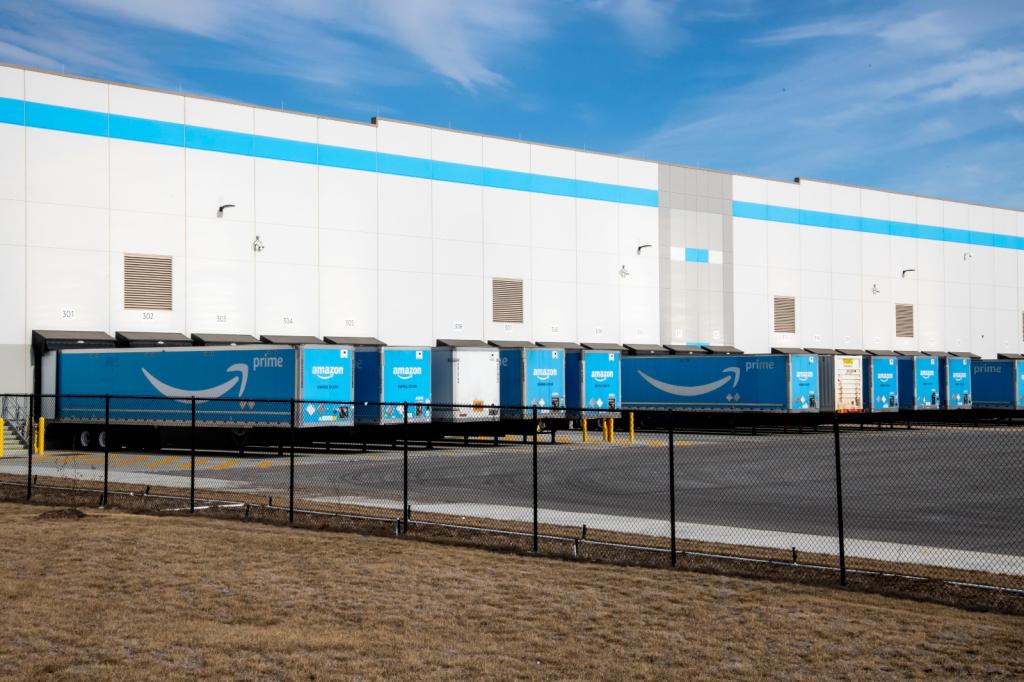It’s Wednesday, October 24, and a national carbon tax is coming! (to Canada).
![]()
Canada’s Prime Minister Justin Trudeau announced that the federal government will impose a carbon tax on four slacker provinces next year.
That means you, Ontario, Saskatchewan, Manitoba, and New Brunswick. Almost half of Canadians live in a province or territory that isn’t abiding by Canada’s national climate framework. So the federal government will begin charging $15 per tonne of CO2 emissions, and the price will ramp up to $38 by 2022 (that’s in U.S. dollars).
“Starting next year, it will no longer be free to pollute anywhere in Canada,” Trudeau said in an announcement.
Trudeau’s plan puts 90 percent of the revenue raised back into Canadians’ pockets. About 70 percent of Canadians would receive more in carbon-money rebates than they’d fork over under the tax, but those who heat big homes and drive big vehicles may end up losing money.
Conservative politicians in Canada aren’t exactly happy about Trudeau’s move. Ontario Premier Doug Ford, a notorious carbon tax hater, ended his province’s cap-and-trade program earlier this year. He’s now promising to fight the federal carbon tax, which Ford said would “jack up the cost of living for each and every Ontario family and business.”
Trudeau himself has kind of a rocky climate record. He bailed out the controversial Kinder Morgan Trans Mountain pipeline expansion earlier this year. But at least he has his head on straight when it comes to carbon taxes. “The science is unequivocal: putting a price on pollution is one of the best ways to move forward,” Trudeau said.

The Smog
Need-to-know basis
If there’s a skip in President Trump’s step today, it’s because he just announced plans to nominate Aurelia Skipwith to be the director of the U.S. Fish and Wildlife Service. Critics of GMO and pesticide giant Monsanto aren’t particularly thrilled — Skipwith used to work for the company. The Center for Biological Diversity said the former exec would be the “most unqualified” person to hold the position in FWS history. Yikes.
![]()
Ever heard of the Taylor oil spill? It’s on track to become even larger than the Deepwater Horizon disaster — one of the biggest offshore environmental disasters of all time. There’s one major difference between the Taylor and Deepwater spills, however: the former has been quietly vomiting oil into the Gulf of Mexico since way back in 2004, when Hurricane Ivan damaged one of Taylor Energy’s platforms. That’s 10,000 to 30,000 gallons of oil a day for the past, uh, 14 years. Green groups filed suit against the company in 2012, but the issue is still unresolved, and the spill hasn’t attracted much national attention. Read up about it here.
![]()
Hurricane Willa slammed into Mexico on Tuesday as a Category 3 storm, drenching the country as it moved toward the U.S.-Mexico border. The weakened tropical storm could still cause serious damage in Texas (a state that very much does not need more water) and even hit New England as a nor’easter this weekend. This just in: It’s the most active hurricane season on record in the Atlantic and Pacific.
![]()
curtain call
Seattle readers! Ampersand LIVE is back! Join us on October 25 at the Moore Theater for an evening of storytelling and celebration of all things edgy, nerdy, quirky, and wonderful about the Pacific Northwest. Tickets and more information can be found here.




